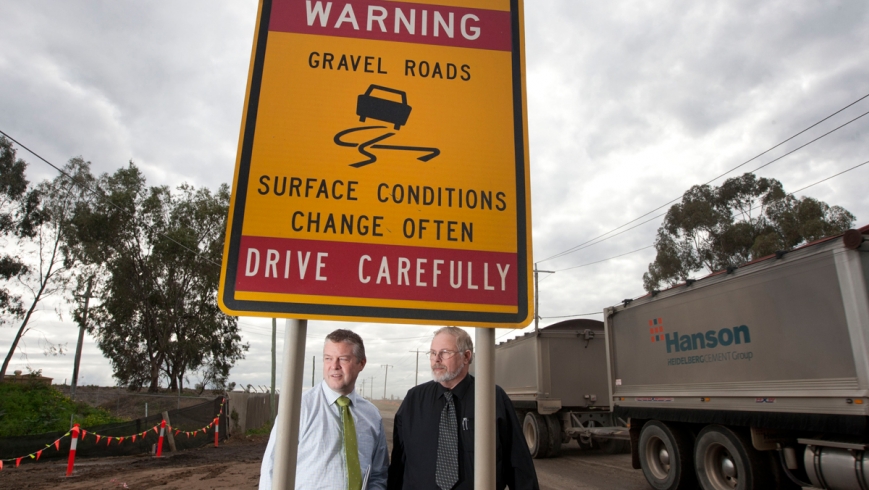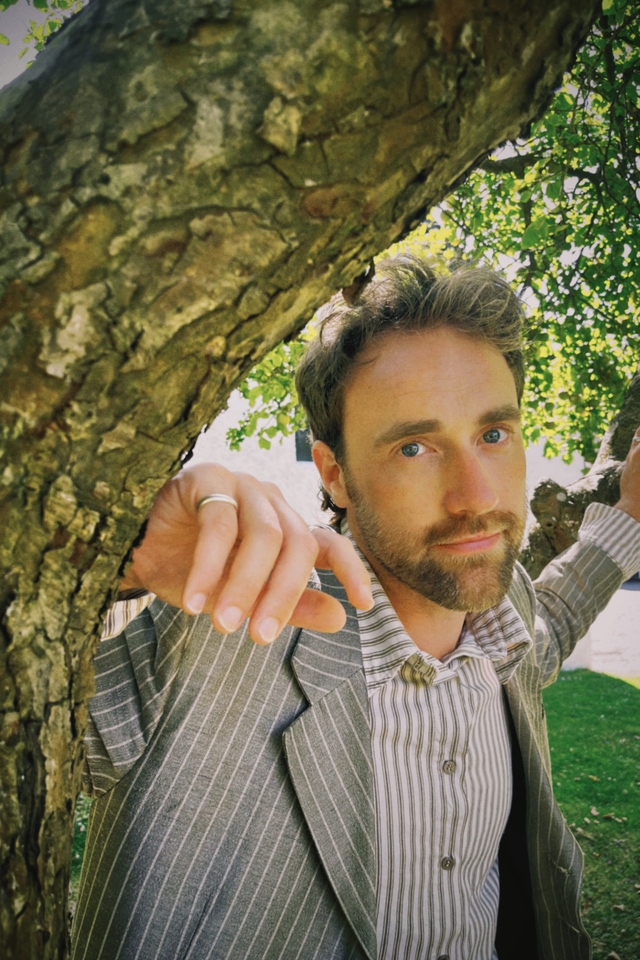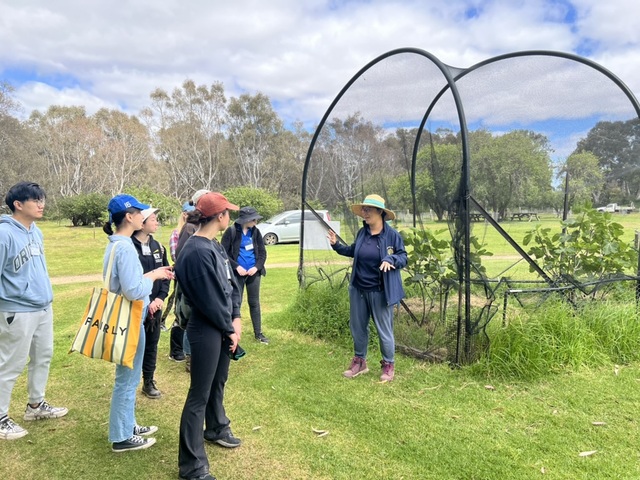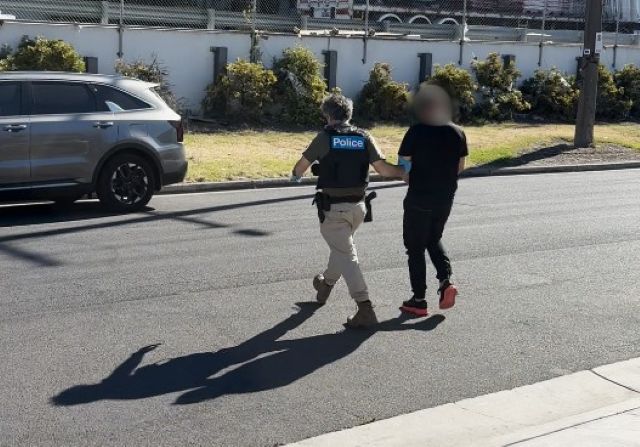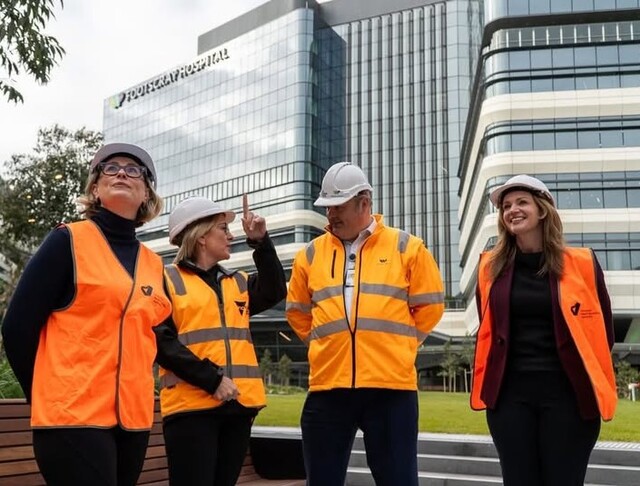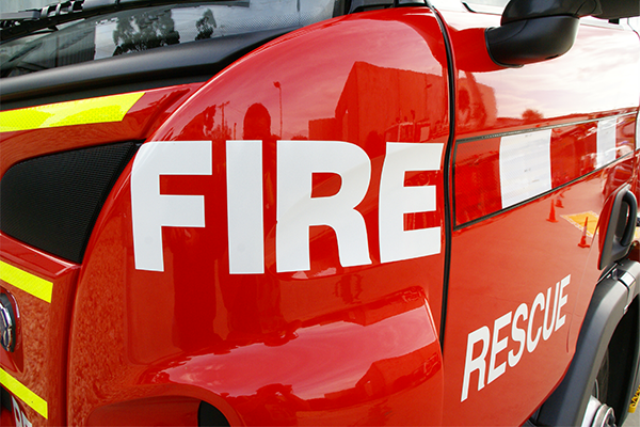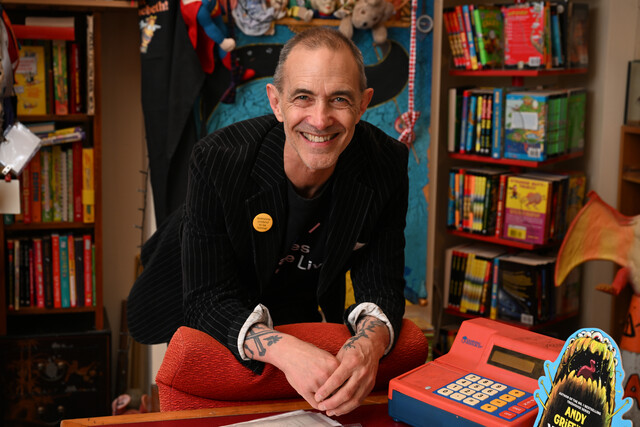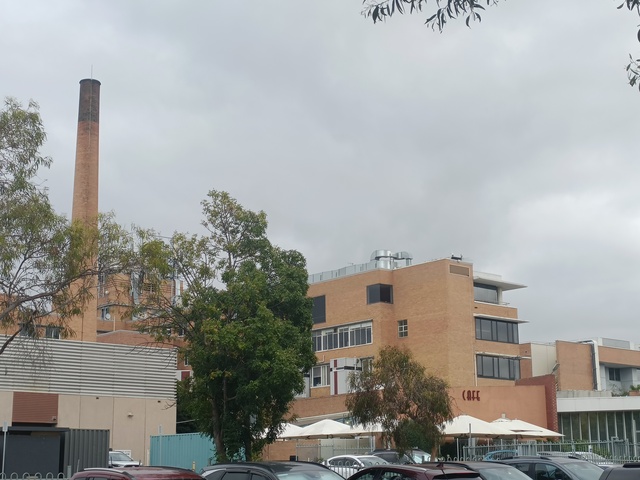BROOKLYN residents fear air pollution will continue to exceed national standards despite $1.4 million funding to pave two local dust-producing streets.
Brimbank council will use $900,000 from the state government to seal and upgrade Brooklyn’s notoriously dust-plagued Jones and Bunting roads.
Visiting Brooklyn to announce the funding last week, Environment Minister Ryan Smith said the government recognised the significant impact dust from unsealed roads was having on local air quality.
He said the funding supported practical “on the ground” action.
“This funding contribution will support Brimbank council to seal problem roads such as Bunting and Jones roads as part of the Brooklyn Evolution Plan,” Mr Smith said.
The funding announcement followed the July 10 Weekly report that residents were moving out of Victoria’s most polluted suburb after 100 days of dust levels as high as those experienced during the Black Saturday bushfires.
The World Health Organisation warns that people should not be exposed to such high levels of particle pollution for more than five days a year.
On hot, windy days, Victoria’s health department advises Brooklyn residents to stay inside, keep their doors and windows shut and avoid exercise.
Q & A: Minister talks with the Weekly
RESISTING CALLS: It’s council business
WORK STARTS: Early 2014 hope
HAD ENOUGH: Residents moving out
Kevin Dunn, who has lived in Almond Avenue for nearly 20 years, said much of the dust was caused by trucks travelling through the surrounding areas.
“If you dust the house, the table for instance, you can come back literally an hour later and run your finger across the top of it and see the layer of dust that’s been deposited,” he said.
Brooklyn Residents Action Group secretary Bert Boere believes sealing Bunting and Jones roads will have an impact, but that air pollution is still likely to exceed national clean air standard.
“If you seal Bunting Road, it will reduce the dust in that area by 38 per cent and if you seal Jones Road, about 15 per cent,” he said.
“It should make a substantial difference, but to be honest it probably won’t bring it down below the limits.”
Mr Boere said the next urgent measure to reduce pollution would be monitoring industry and Environmental Protection Authority enforcement.
“You’ve really got to look at the operation of the companies that are in there, and whether their sites are sealed or not,” he said.
“You’ve got to look at their operations and how they’re operating.”
EPA chief executive John Merritt said air monitoring pointed to the two roads as significant dust contributors.
“It’s a long haul to break this dust problem; there’s no quick fix to it, but you just need to keep things moving forward,” he said.
“But I think it’s also important to make that symbolic improvement.
“The EPA is asking many of the companies that operate in the broader precinct to spend a lot of money on improving their sites, and we expect that that ‘ask’ will be better received once they can see the infrastructure being improved in parallel as well.”
Brimbank council chief executive Bill Jaboor said the works would make a significant difference.
“It will enable us to undertake the road construction works, which will provide great benefits to the atmosphere and reducing the dust problem,” he said.
Works are due to begin early next year.

